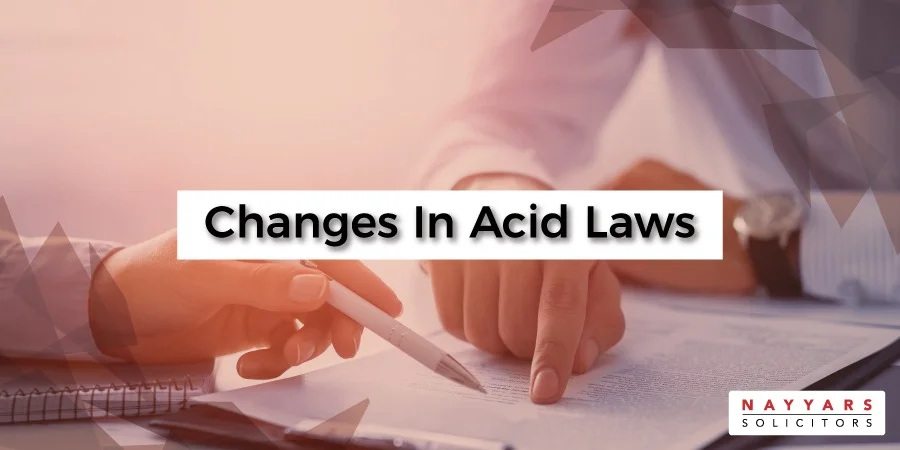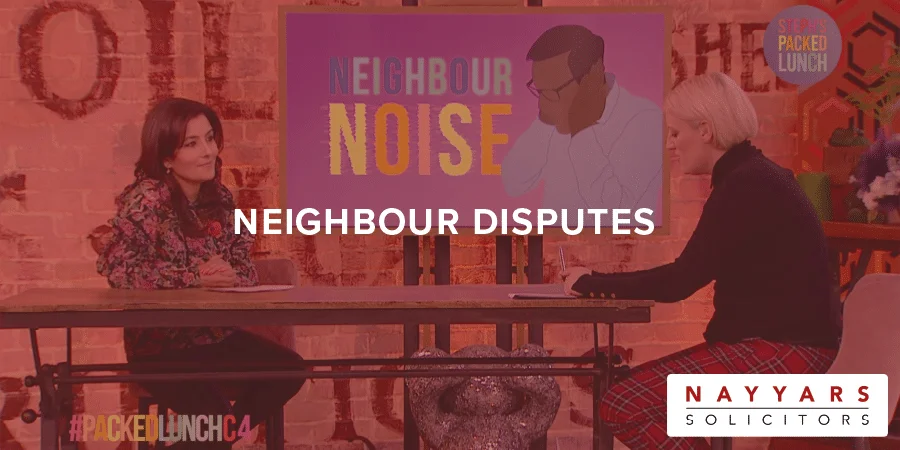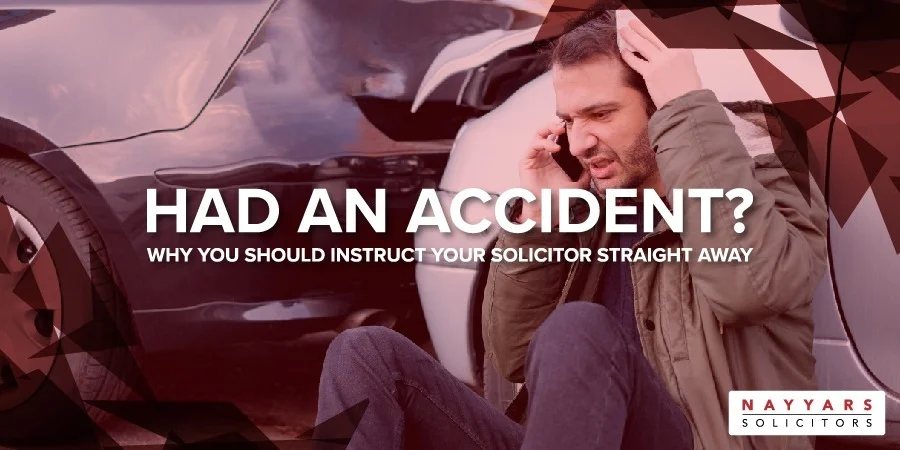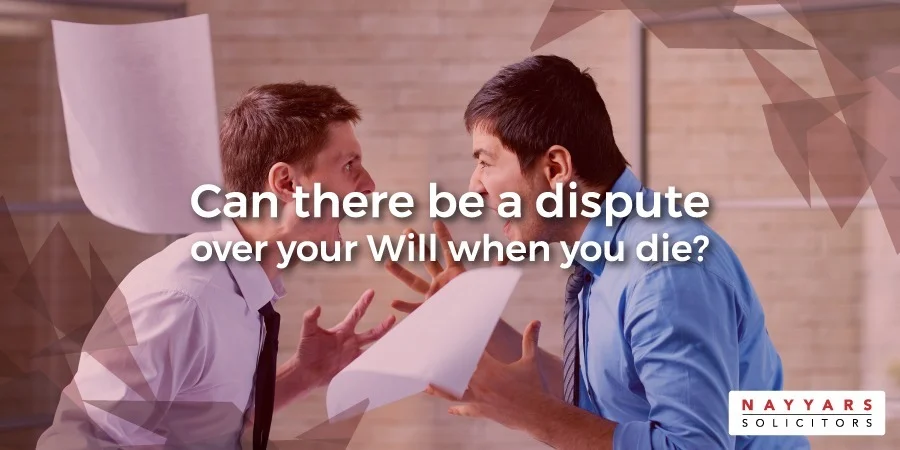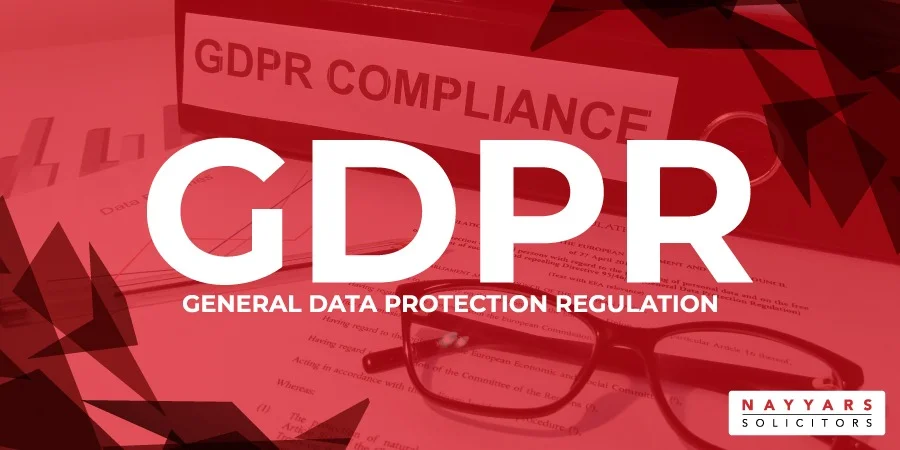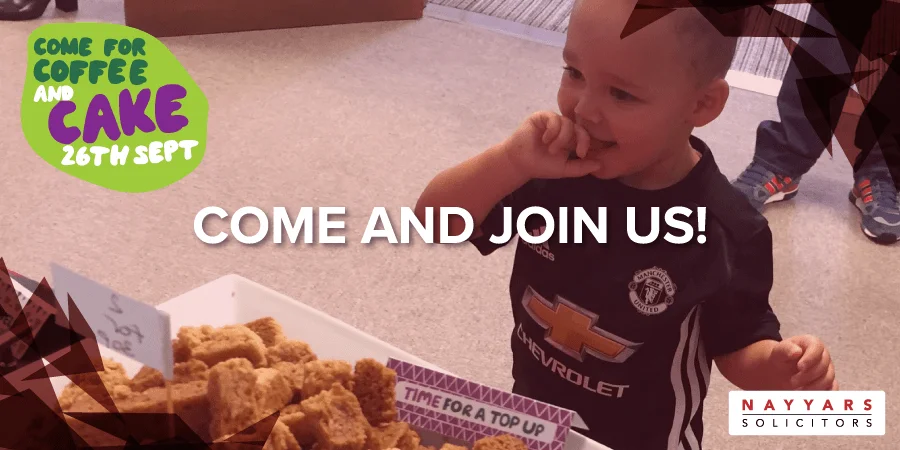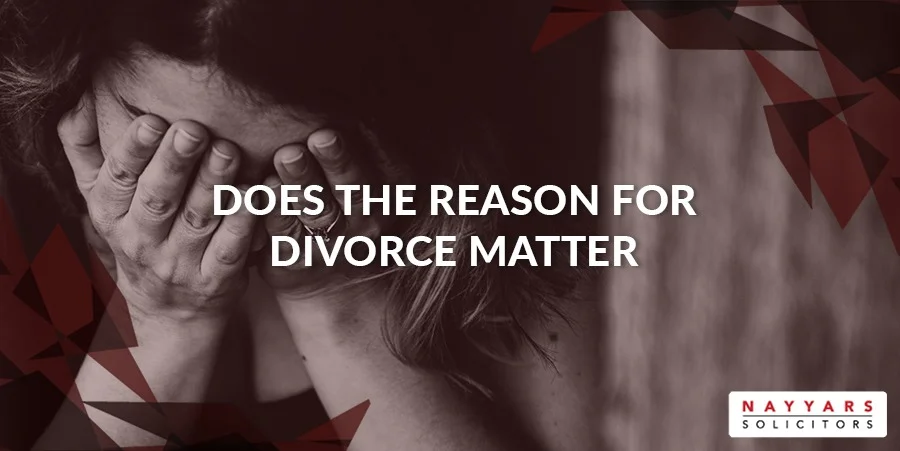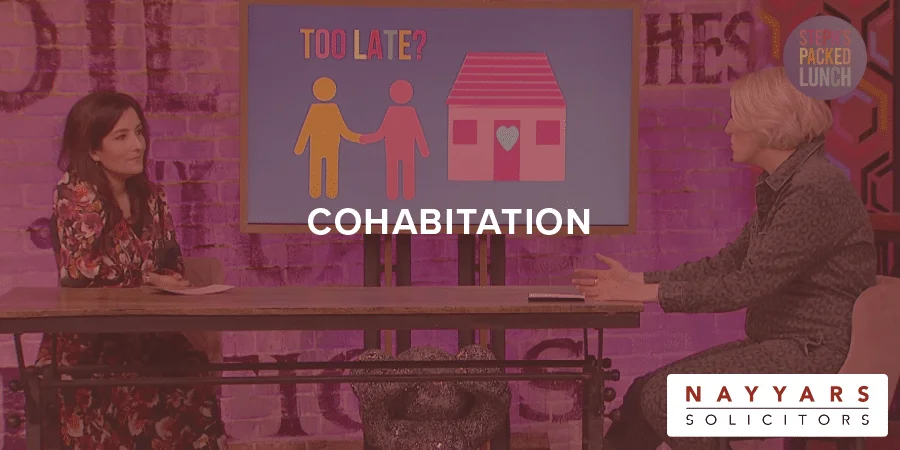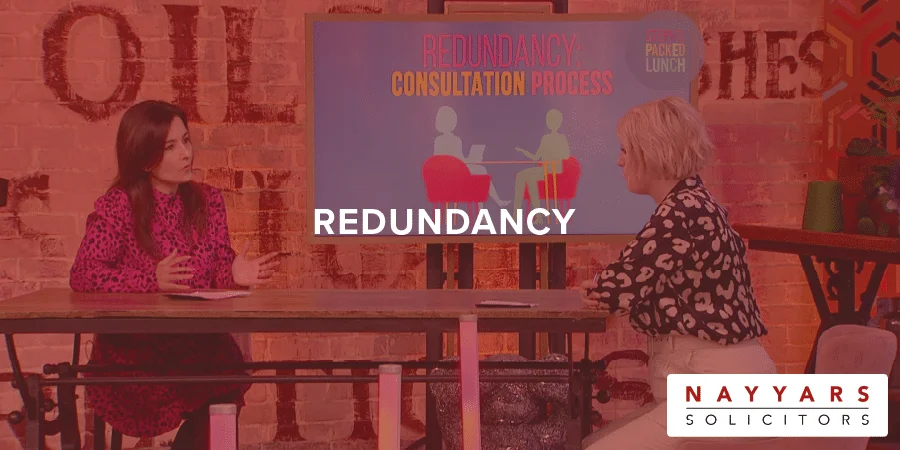Top 5 Mistakes That Can Harm Your Personal Injury Claim
If you are thinking of making a claim for personal injury, it can seem like a very daunting process.
An experienced lawyer will know that it is an Insurance companies’ duty (and indeed the duty of their legal representatives) to validate each claim on its merits.
Scrutiny is drawn to each and every aspect of your claim which can often lead to challenges for which the average layperson would never have anticipated or indeed appreciated at the outset.
Often clients will be very frustrated when challenged on who was responsible for an accident (‘liability) or what caused the injuries claimed (‘causation’) and; how much their injuries/losses are worth (‘quantum’). Clients do not always realise that they must prove their claim on the balance of probabilities (i.e. 51% more likely than not) on each three aspects:- liability, causation and quantum, none of which is self-proving.
The following are a non-exhaustive list of a few common mistakes:-
1. Failure to adequately document evidence.
– CCTV. It is normal for companies to delete CCTV footage after 1 month so act fast and make a polite request. If you know there could be CCTV evidence, make sure to inform your Solicitor straight away so they can make urgent enquiries!
– Dashcam footage. So long as your dashcam is properly installed in your vehicle it can be admissible in Court – but beware, incriminating dashcam footage can also be used against you.
– Videos. So long as the recording is in a public place it may be admissible in Court.
– Photographs (once again, so long as they’re in a public place). These could be photographs of the third party’s registration/vehicle, the accident location, the damage to your and/or their vehicle.
– Text messages/emails. Text messages between you and the third party can be very useful, particularly if the third party admits to having caused your accident or offers to pay for the damage to your vehicle.
– Invoices/receipts. If you pay for something you may not have otherwise not had to pay for but for the accident, keep hold of the invoices/remittance slips/receipts.
– Police references/notes. Did the police attend the scene? They may have completed a report which could be invaluable to establishing who was at fault for your accident.
– Witnesses. Were there any witnesses who saw the accident take place? Other motorists, pedestrians, cyclists etc? Be polite. Ask them if you can rely on their help/statement and keep hold of their details.
2. Not seeking medical treatment straight away or at all.
Not seeking medical attention may result in the other side arguing that you have failed to mitigate your loss and lead to a reduction in any award for damages. Visit your GP to get the all clear, even if you do not feel your injuries significant, better safe than sorry.
3. Failure to mention pre-existing medical conditions and/or other accidents.
At some point during the course of your claim for personal injury you will be asked to attend a medico-legal examination. At that examination, you will be asked to disclose to the expert information which will be used to determine an opinion in respect of the extent and cause of the injuries you have sustained as a result of your accident. Many clients will not feel it relevant to tell the expert about all or any pre-existing conditions or significant medical past, particularly those which concern the same areas of injury that they are claiming for. The last thing clients expect is to be confronted with allegations that they have exaggerated their claim or have been fundamentally dishonest/fraudulent. Be open and honest about the other accidents (if any) you have been involved in, these will help the expert decide whether or not there is any overlap to be taken into account when giving their prognosis.
4. Agreeing to give a “recorded statement” or discussing your claim with the Third Party Insurance Company.
It is common that the other driver’s insurance company will attempt to make contact with you to obtain “a bit more information”. They will come across very friendly and act like they are on your side, however, the sole purpose of this contact is to obtain a statement or statements that can be used against you at a later stage, also known as ‘third party capture’. You are within your right to decline to provide any information or sign any document for the third party’s insurance company and once you have instructed a Solicitor to represent you, they will handle ALL further communication with the third party’s insurance company.
5. Failure to mitigate losses.
It is the Claimant’s duty to mitigate their losses and this is often forgotten. The other party may seek to pay less or refuse to pay for certain losses they deem could and should have been mitigated. Whether it be taking a bus to get to those physiotherapy appointments rather than expensive private taxis, hiring luxury vehicles that are not like-for-like, there are an endless number of ways which a Claimant will be scrutinised for failing to mitigate their losses and these all fall to be decided on a case-by-case basis, so ensure you act reasonably in all circumstances.




